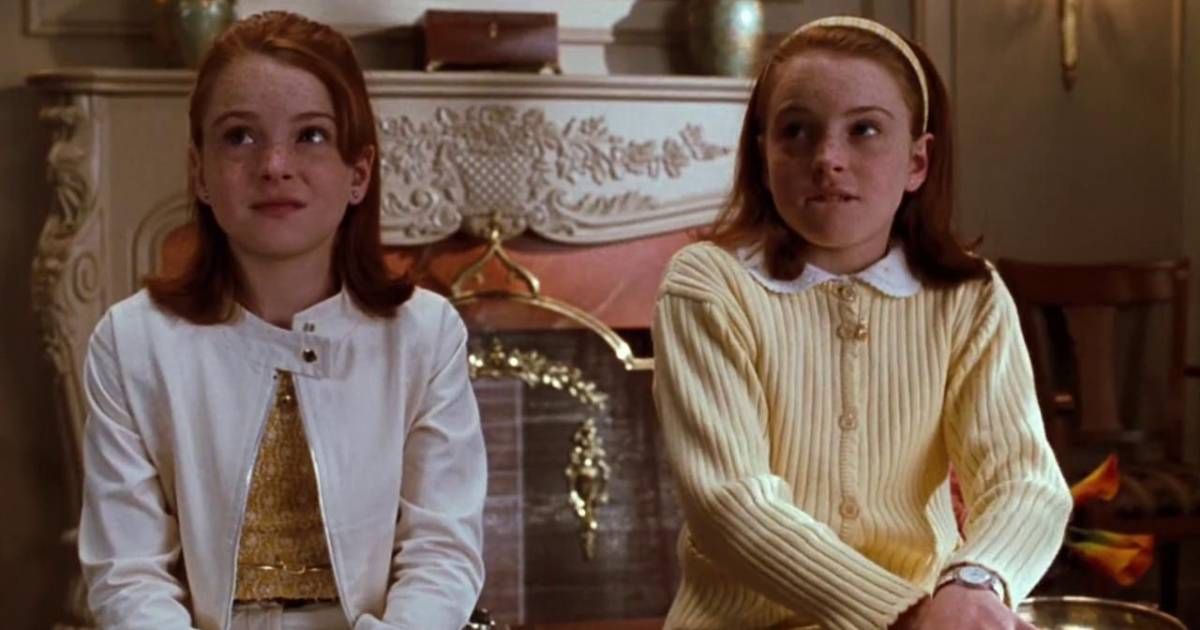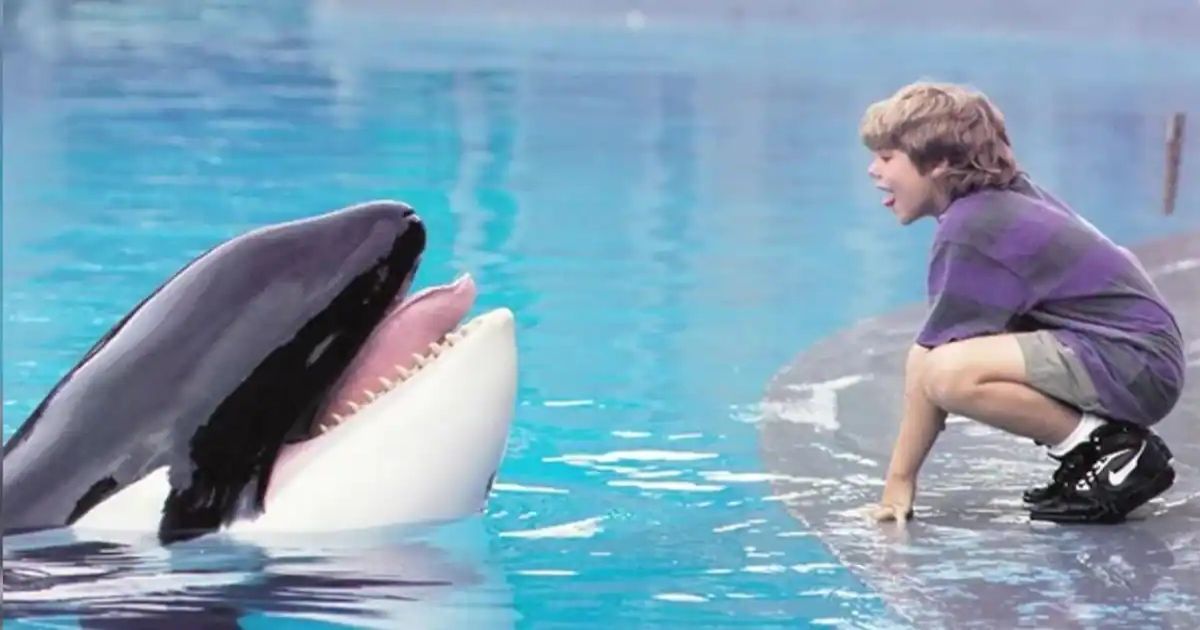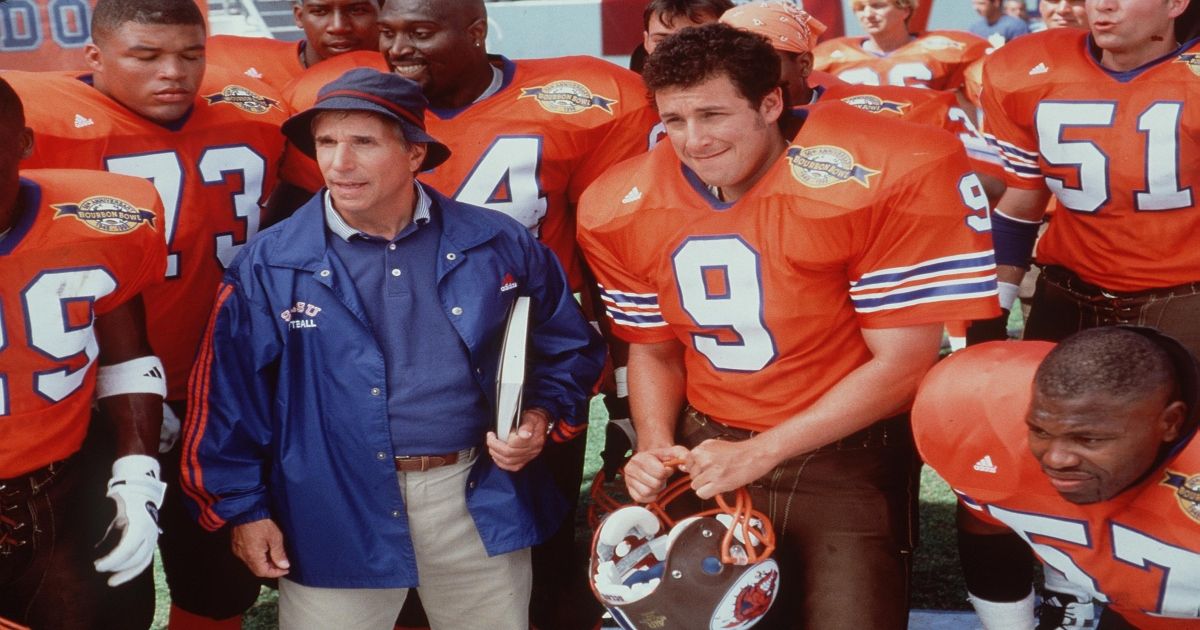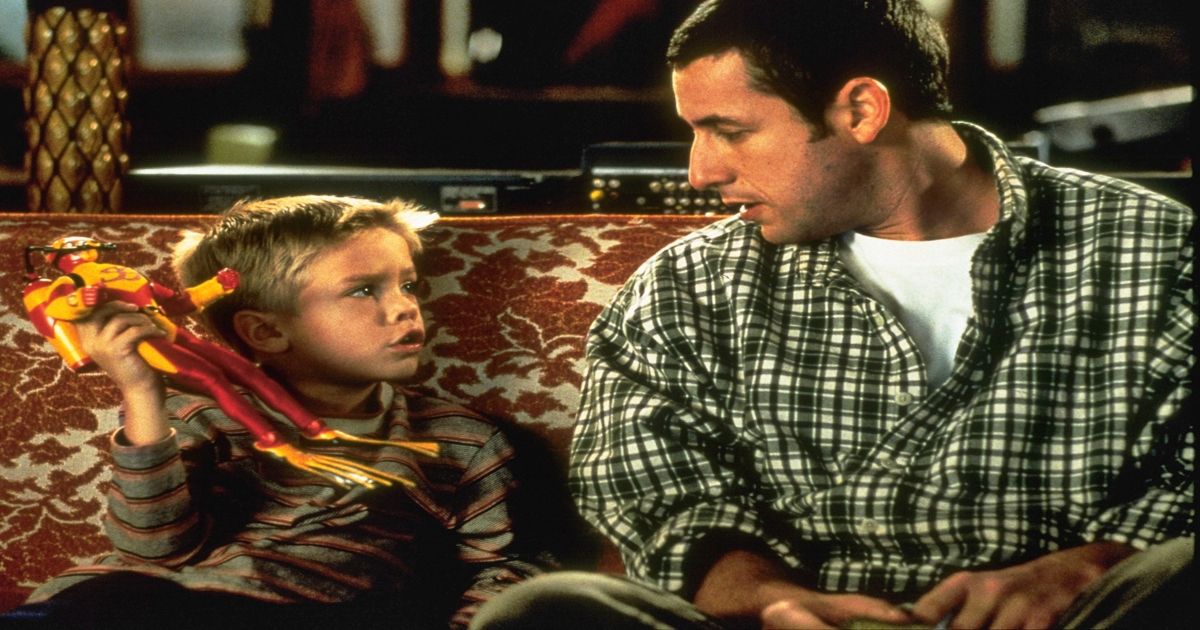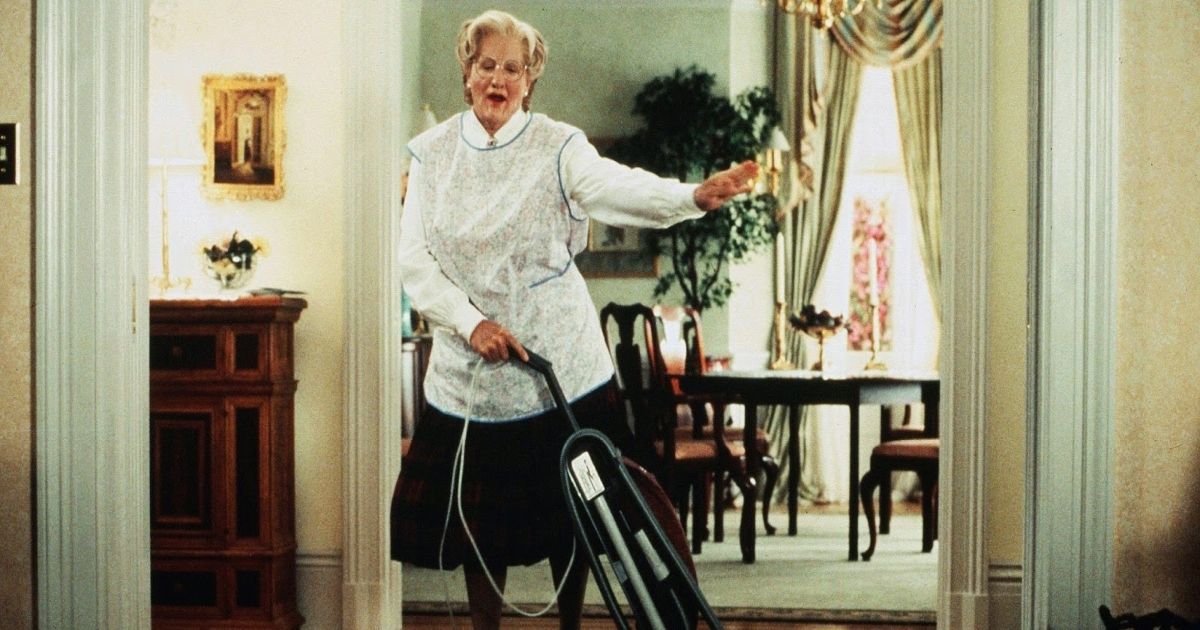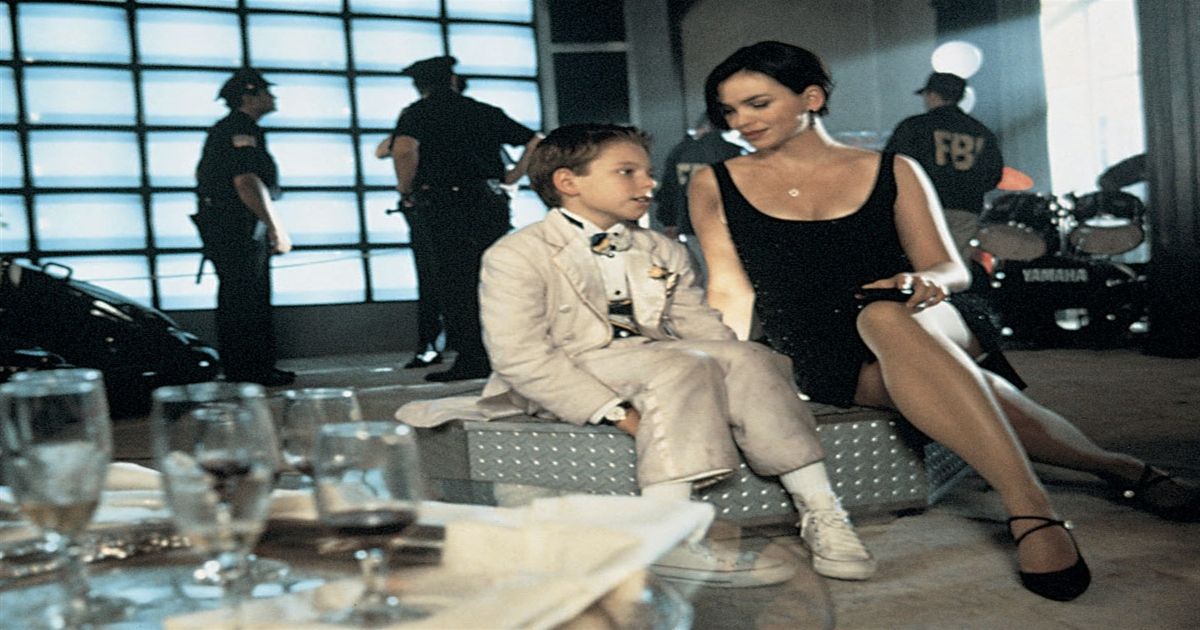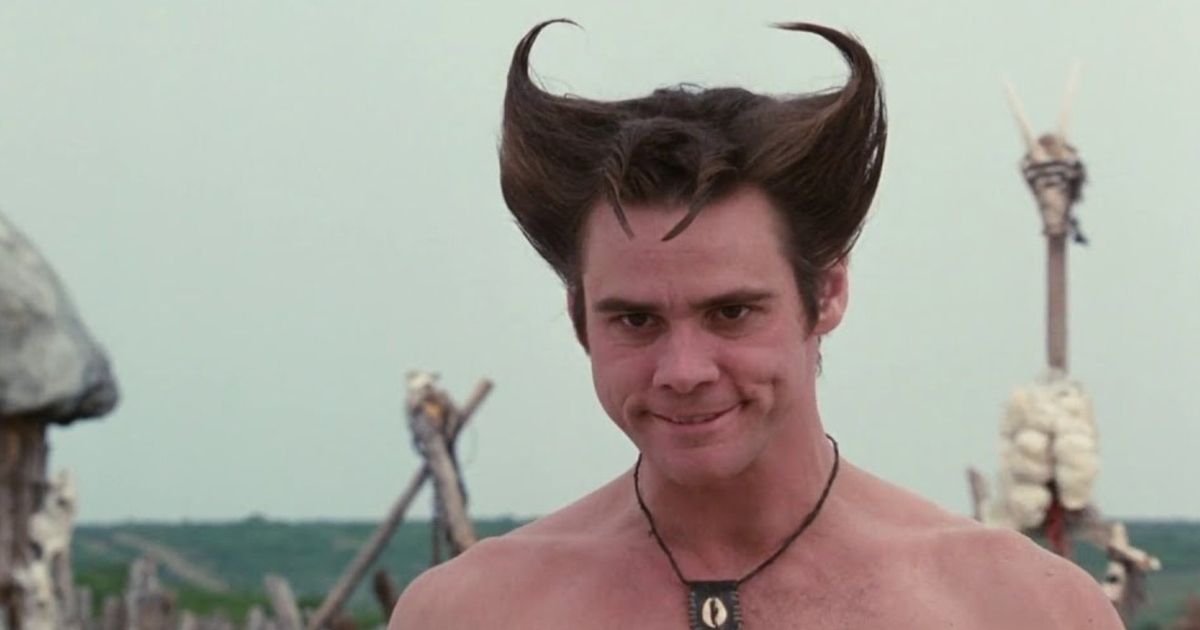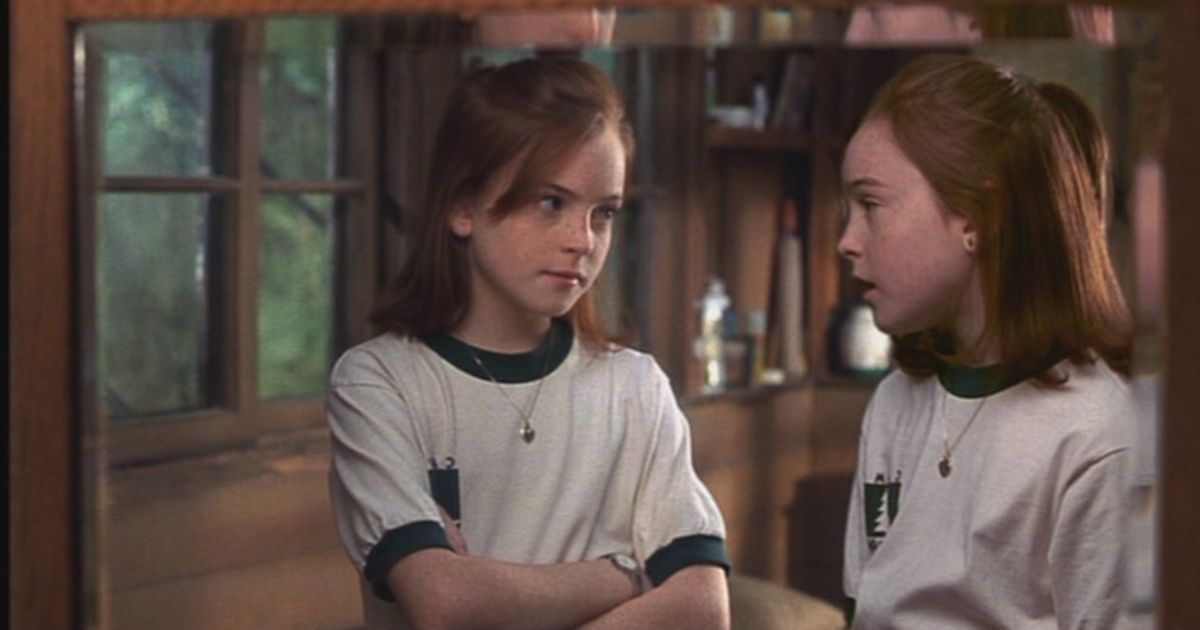The 1990s have given us many excellent movies. Just before the new millennium, there were highs in many genres, with long epics, exciting action movies, and many releases in what would later be called the Disney renaissance. While some of these movies have held up and even gotten better over time, some remain a product of their time, with plot lines that would be considered dated and unacceptable today. Here’s a look at some problematic '90s family movies, in no particular order.
7 Free Willy (1993)
Free Willy, directed by Simon Wincer, actually has a somewhat heroic storyline. 12-year-old Jesse (Jason James Richter), a foster kid, is set to clean up graffiti he painted in a park that contains orca whales. He forms a bond with an orca named Willy, who is unhappy in captivity. When Jesse learns that the park’s manager wants to let Willy die and get the insurance money, he helps return Willy to the ocean. The movie was a success and launched two sequels and a TV series. The problem lies in the reality of captive orcas behind the movie – a reality which is still relevant. In a problematic twist of irony, the whale who portrayed Willy, Keiko, was still in captivity at the time of the film’s release. The studio used her in filming and still kept her captive, a move not unlike the antagonist in the movie. The film's release actually started a campaign to free her, which succeeded.
The Best Coming-of-Age Movies of the 90s, Ranked
6 The Waterboy (1998)
Though often seen as an inspiring sports film, Frank Coraci’s The Waterboy is based entirely around making fun of people with intellectual disabilities. Adam Sandler stars as Bobby, a man who serves as the water boy for a Louisiana football team, who bullies him. The team later fires him after unjust accusations of being disruptive. After being hired to a new, losing team, Bobby eventually helps the team win a big championship. The movie was profitable, but received negative reviews for its cheap humor, most of which was making fun of disabled people and other minorities.
5 Big Daddy (1999)
Another Adam Sandler movie, Dennis Dugan’s Big Daddy, stars Sandler as Sonny, an immature man. After his girlfriend Vanessa dumps him for his irresponsibility, Sonny decides to “adopt” Julian, the newly-discovered five-year-old son of his roommate, who is currently out of the country. While bonding with Julian does help Sonny to mature and get his life back in order, his actions of pretending to be a child’s guardian – and using that child for his own gain – are problematic and even illegal. Furthermore, Vanessa is unfairly villainized for wanting her boyfriend to be more mature, with a scene of her as a waitress at the end meant to serve as payback. Despite this, the movie remained Sandler’s highest-grossing movie until Hotel Transylvania 2 in 2015.
Best Non-Netflix Adam Sandler Movies, Ranked
4 Mrs. Doubtfire (1993)
Mrs. Doubtfire, Chris Columbus’ 1993 hit movie, is hilarious, and boasts one of Robin Williams’ best performances. Though still beloved and funny, it must be said that the basis of the film can be considered problematic. After constant problems with their marriage, Miranda (Sally Field) files for divorce from Daniel (Williams), with her earning sole custody of their three kids. To earn custody, Daniel must maintain a job and a residence. Rather than do this, Daniel dresses as an elderly British woman, Mrs. Doubtfire, and pretends to be a nanny to see his kids. Williams is so earnest and lovable in the role that you want him to succeed, but it can’t go unsaid that he breaks legal agreements and several relationship boundaries to do so. In addition, men pretending to be women for their own advantage is another problematic and transphobic trope.
3 Blank Check (1994)
The plot of Rupert Wainwright’s movie Blank Check is more nonsensical than problematic – an 11-year-old named Preston (Brian Bonsall) ends up with a signed blank check from an escaped convict, which he cashes in for a million dollars and uses to buy extravagant things. He ends up involved with the FBI, with an agent pursuing him. The agent is named Shay (Karen Duffy), a woman in her early thirties, who takes Preston on a date as part of the investigation. They even kiss during the movie, and agree to meet up again when Preston is 17 – which would still be illegal. It puts a stain on the film, which got negative reviews but was a box office success.
2 Ace Ventura: Pet Detective (1994)
Tom Shadyac’s movie Ace Ventura: Pet Detective stars Jim Carrey as the titular detective. Carrey brings his usual fun brand of comedy as he investigates the disappearance of the Miami Dolphins’ team mascot. He solves the case and learns that the culprit is a transgender woman on the Miami Police Department. He then forcefully outs her to everyone, who reacts in disgust. The movie treats being transgender as a horrific, villainous secret. While the movie was successful and remains well-loved, this is another harmful example of transphobia that casts a bad light on the film and sadly still remains a problem.
1 The Parent Trap (1998)
Nancy Meyers’ successful 1998 adaptation of The Parent Trap has a strongly problematic basis. Hallie and Annie (Lindsay Lohan) are twins who meet at a summer camp. As they bond, they realize they each have a divorced parent, and one half of the same photo. They ultimately find out that they’re twins, and when their parents divorced, each parent took one twin. Now united, the twins hatch a plan to bring their parents back together. Lohan is great in both roles, and her performance holds up well. But it can’t erase that the movie is based around two parents separating their children and lying to them for twelve years, then getting back together without properly addressing what they put their kids through.

